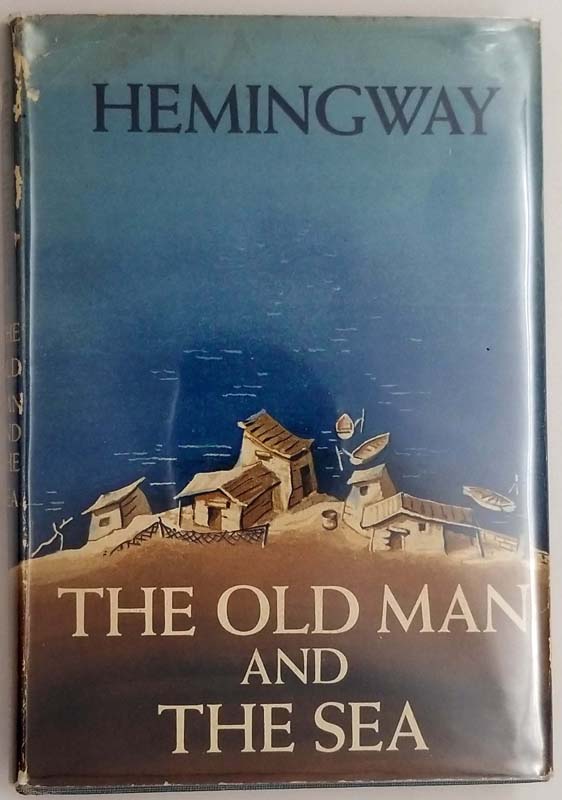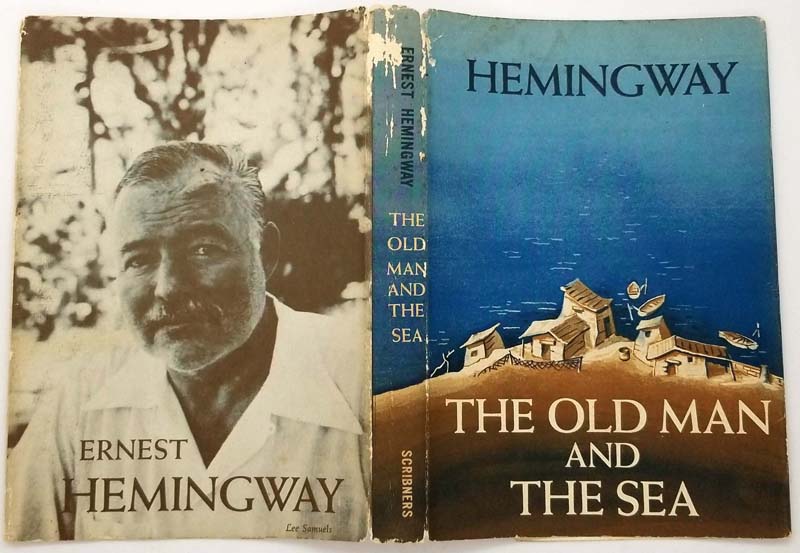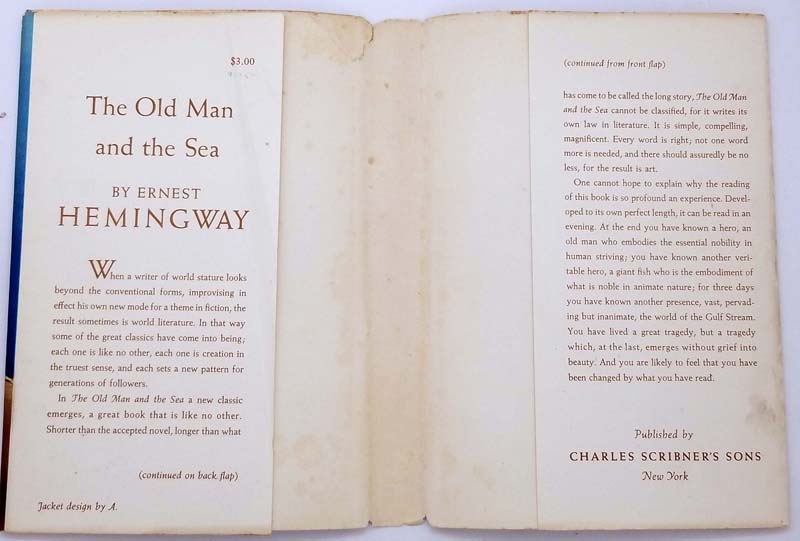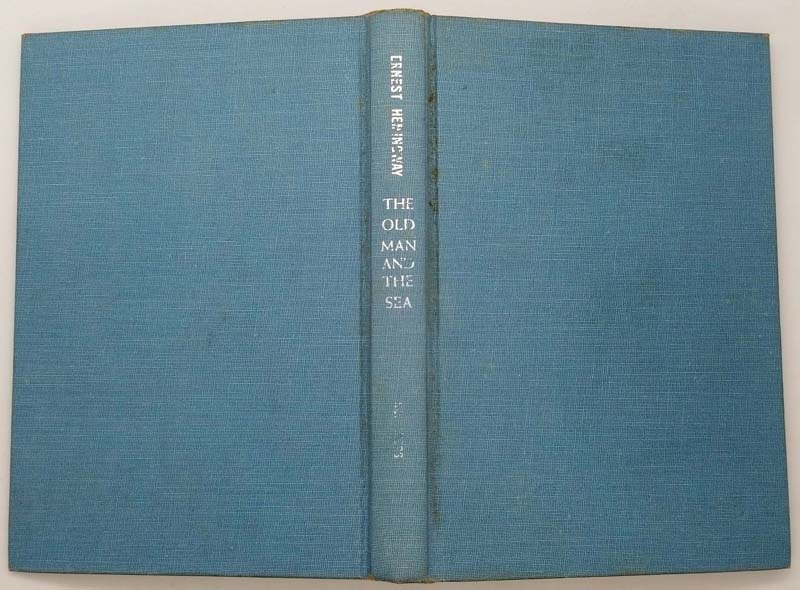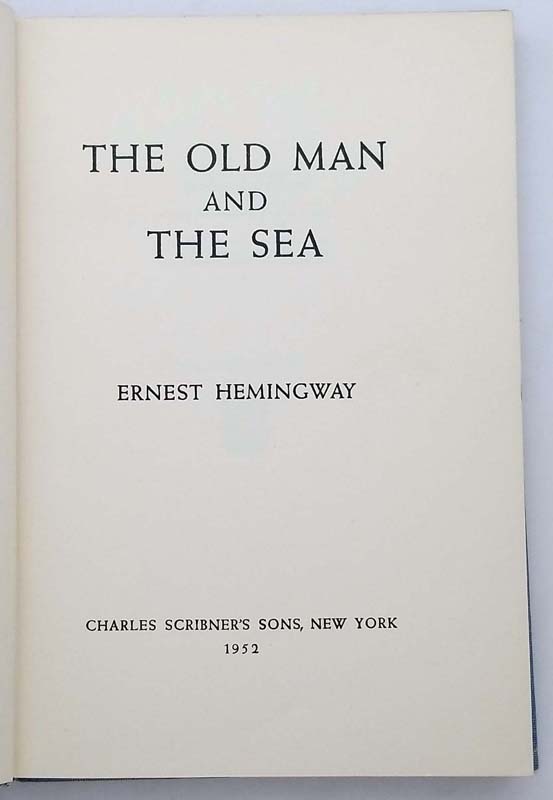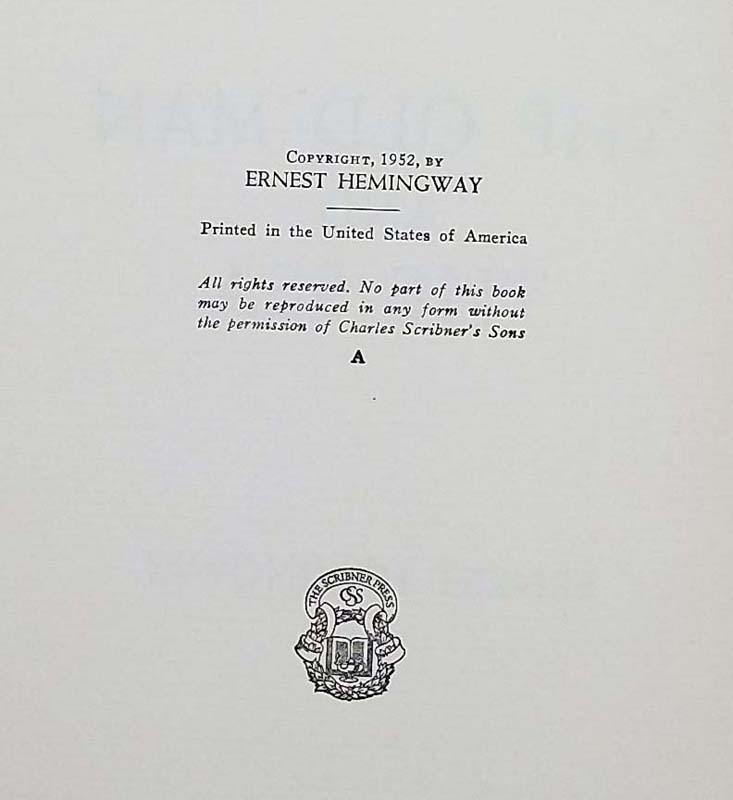The Old Man and the Sea (1952) by Ernest Hemingway is a Pulitzer Prize-winning novella that distills the author’s signature themes of endurance, dignity, and humanity’s struggle against nature into a deceptively simple tale. Set in the Gulf Stream waters off Cuba, the story follows Santiago, an aging fisherman who has gone 84 days without a catch, as he embarks on a relentless battle with a giant marlin far out at sea.
Hemingway’s spare, muscular prose mirrors the stoic resolve of his protagonist, who fights the fish for three days—only to face sharks that strip his prize to bones on the journey home. The novella’s power lies in its allegorical depth: Santiago’s ordeal becomes a universal meditation on perseverance, honor in defeat (“A man can be destroyed but not defeated”), and the solitary confrontation between individual will and an indifferent universe.
Cemented Hemingway’s Nobel Prize (1954) and remains a cornerstone of American literature.
“Hemingway’s sea is both real and infinite—a place where a single fishing line can tether a man to eternity.” — The New York Times
